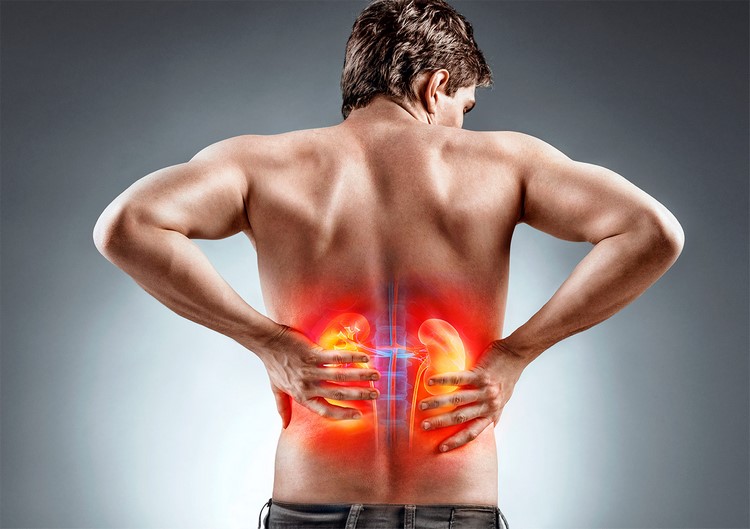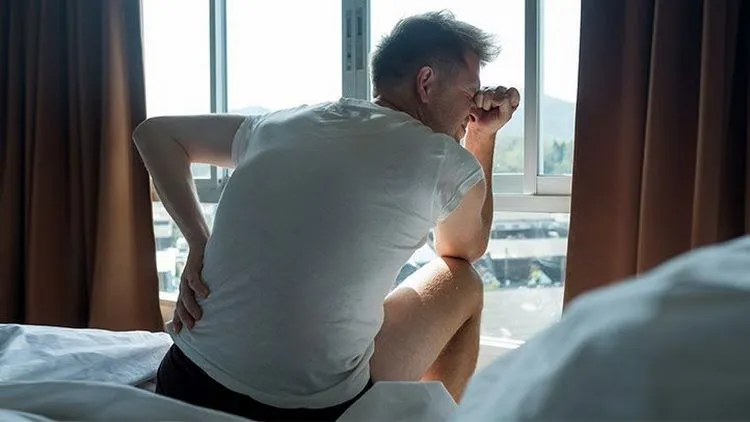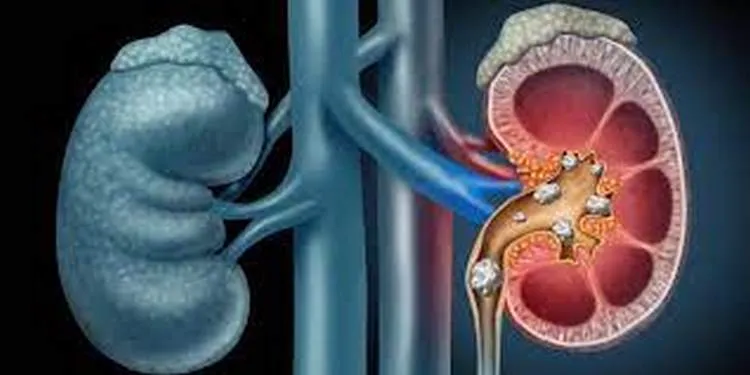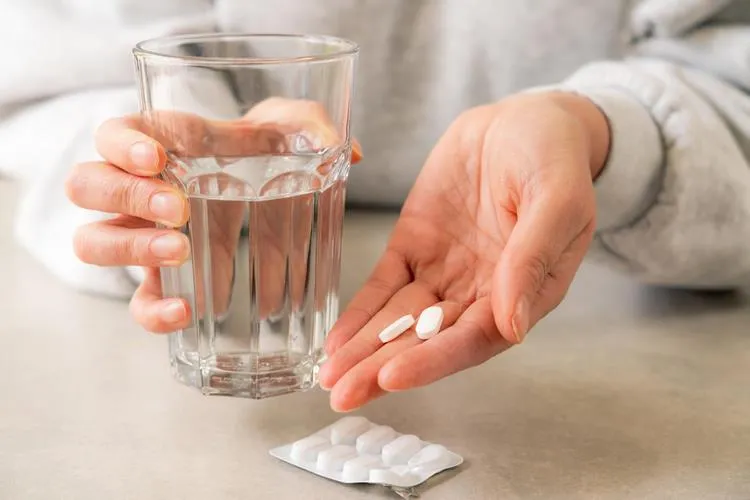Where, why and how kidney stones form? Why they hurt so much? Can we do something to avoid the pain? These questions are really important to people who have been through the process of passing a kidney stone. Yes, everyone is aware that pain is subjective and there are many factors that affect the passing – size and shape of the stone, age and general health condition of the person, etc. Women often compare kidney stones with childbirth. We shall look at the symptom and how to get a relief from kidney stone pain.
What Are the Reasons for Kidney Stones?
Kidney stones form in 20% of the population, more often in men aged 40 to 50 years. It is not always possible to determine the reasons for the formation of kidney stones. Usually, they are formed as a result of crystallization of minerals and salts in the urine. They are a solid mass and can have a variety of chemical composition: calcium phosphate, calcium oxalate, uric acid, etc. The reasons for their formation can be different: metabolic disorders, infections, genetic factors, various diseases of other systems and organs, your lifestyle and dietary habits. The size of a kidney stone can reach 8-10 mm.
What Are the Symptoms of Kidney Stones?
Symptoms of kidney stones depend on the size, number and type of renal calculi. Small stones can pass out with urine and do not cause discomfort. Larger formations can cause blockage of the ureter.
The first symptom of kidney stones is usually a severe pain. It occurs instantly with stone-induced obstruction and irritation. It is perceived as an acute spasmodic pain in the back and side in the region of the kidneys or in the lower abdomen. Nausea and vomiting are also possible. Later, the pain may spread to the groin.
If the stone is too large to pass without problems, the pain remains as the ureter tries to move the stone into the bladder with muscle contractions. When the stone moves, slight bleeding is possible, leading to a change in the color of the urine. When the stone moves closer to the bladder, there may be an increased urge to urinate and a burning sensation when urinating.
If you have a fever or chills, you may have a urinary tract infection.
How to Relieve Kidney Stone Pain at Home?
Is it possible to Relieve Kidney Stone Pain? Can you take a painkiller without a doctor’s prescription? Yes, as long as we are talking about pills that are not harmless. Non-steroidal anti-inflammatory drugs like Ibuprofen, effectively relieve pain. However, it is best if you consult a specialist, because when treating kidneys on your own, you can overdo it and achieve the opposite effect.
Apply Heat
Heat therapy can relieve kidney pain as well. You can take a hot bath but this treatment is not recommended if you have serious cardiovascular diseases or have suffered a stroke or heart attack. Place a heating pad on the kidney area and keep it for about 20 minutes.
General Recommendations for Kidney Stones Pain:
- Drink 2.5 to 3 liters of water evenly throughout the day.
- Choose pH-neutral drinks like water.
- Monitor the amount of urine produced (should be from 2 to 2.5 liters per day).
- Watch the color of your urine: it should be light.
- Drink even more water if you live in a hot climate or play sports.
- Eat a balanced and varied diet.
- Avoid excessive intake of vitamin supplements.







